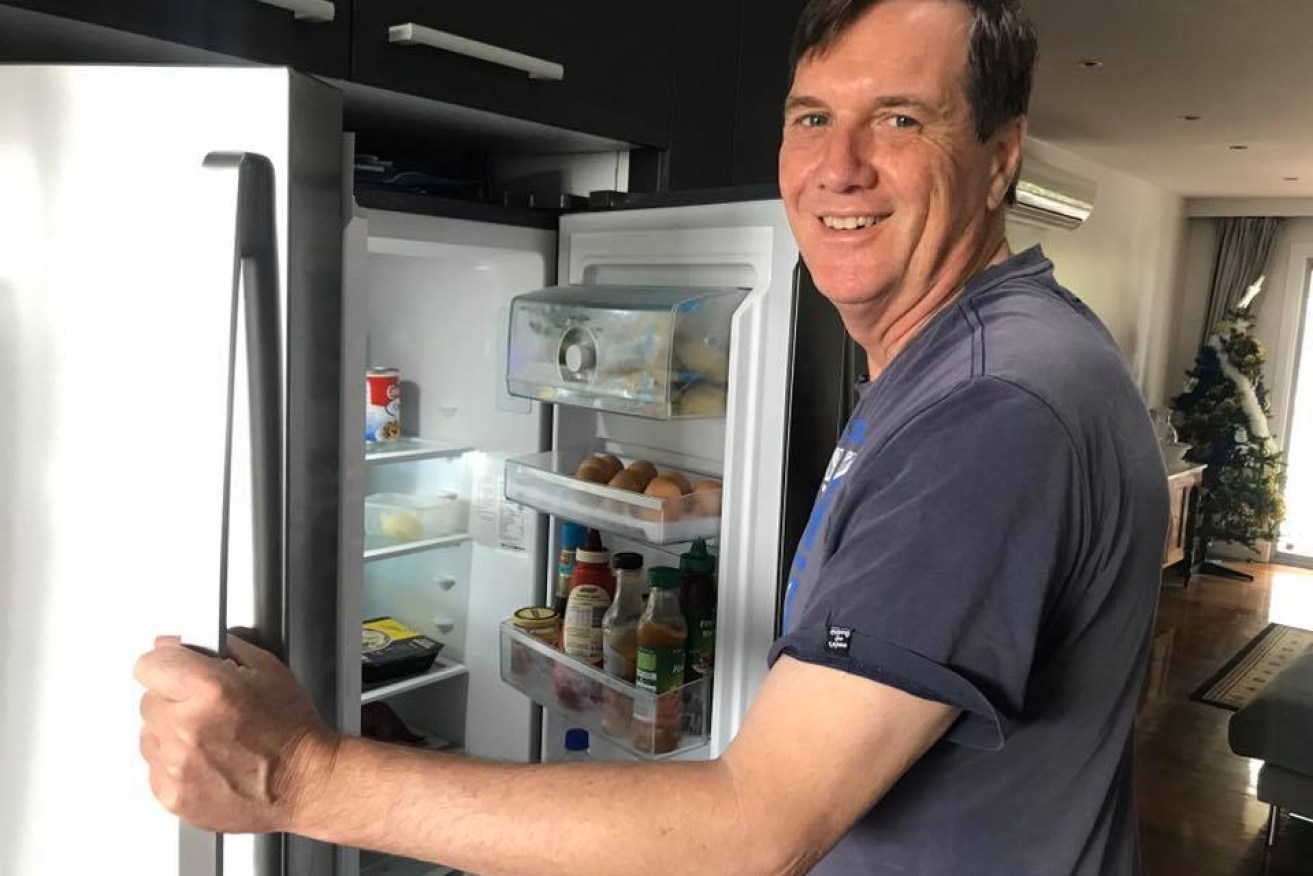Coke comes up empty as battlers take on bottlers in Gold Coast water war
Drinks giant Coca-Cola will come under greater government scrutiny after nearly 5,000 people complained about the company’s use of Gold Coast hinterland water.

Former Natural Resources Minister Anthony Lynham is now back in his surgical practice. Source: Facebook
New State Government measures, imposed today, were prompted by a petition signed by 4,765 people wanting action against extraction companies, including those who supply Coca-Cola.
The petitioners called for local communities, and the environment, to be prioritised when it came to groundwater from Mount Tamborine and Springbrook.
“A small number of commercial extractors are allowed to take virtually unlimited amounts of water and sell it for bottling,” the petitioners argued.
“This water leaves the ecosystem forever.”
Natural Resources Minister Anthony Lynham agreed to a 12-month moratorium on new bores in the area, while his department will compel all commercial extractors to collect and report on water use volumes to inform further research.
“This will help to gain a better picture of the quantities of groundwater extracted and the purpose,” Lynham said in an official response to the petition.
Lead petitioner and Tamborine campaigner Dianne Warnes told InQueensland the measures announced were a recognition of community concerns.
“We’ve all been rejoicing on the mountain,” Warnes said today, “and our buddies at Springbrook are very happy too.”
“It’s a fight that has been going on for a long time and we all need to be fighting together. It’s the small towns, the pristine areas, that the bottlers are using and they are essentially raping the land.”
Trucks carting water from the Gold Coast hinterland have not gone unnoticed during the drought, and contrast with trucks taking water to parched rural communities and towns at risk of running dry.
A Coca-Cola Amatil spokeswoman said the company would “naturally co-operate” with the new arrangements.
“Coca-Cola Amatil practices sustainable water sourcing at all times and welcomes the process announced by the Queensland Government in response to the community’s concerns,” the spokeswoman said.
In a statement, Lynham said it was important to make informed decisions about such issues.
“I appreciate that local residents have concerns about the impact of commercial bottling on groundwater resources at Tamborine and Springbrook,” Lynham said.
“Good decisions are made on the facts, and we need more facts about how much groundwater is being used, and by whom, to get a clearer picture.”
The government will also work with the Australian Beverages Council to develop a best practice industry code providing greater transparency on water use practices of the commercial bottling industry.
In December, after similar concerns in the Northern Rivers region of NSW prompted an expert examination, the Council noted that less than one per cent of groundwater in the Tweed was found to have been extracted for water bottling purposes.
Previous research at Tamborine suggested that, of the five per cent of average annual groundwater recharge being extracted, farmers used almost 84 per cent, households almost 11 per cent, and bottled water operations around five per cent.












